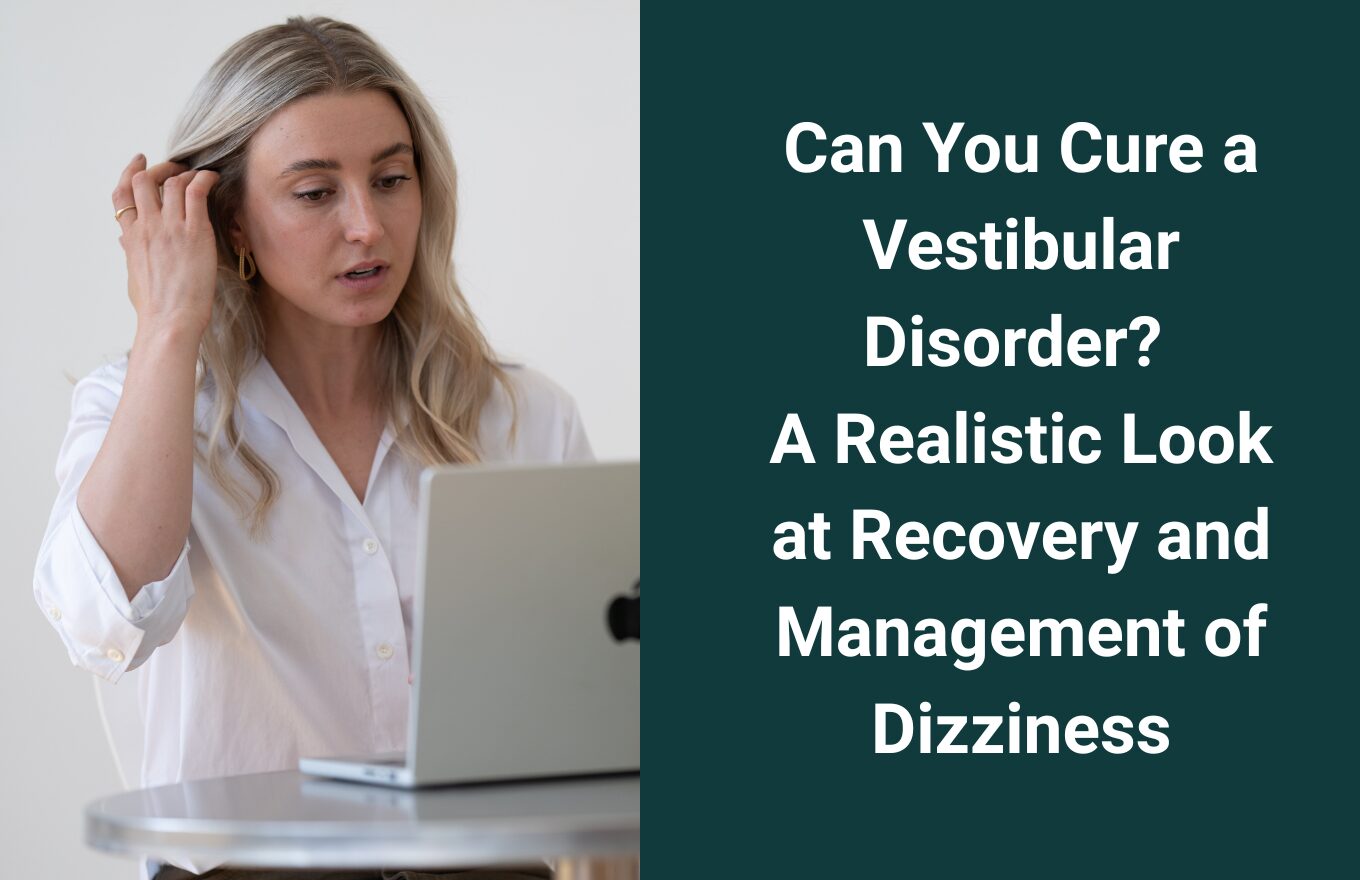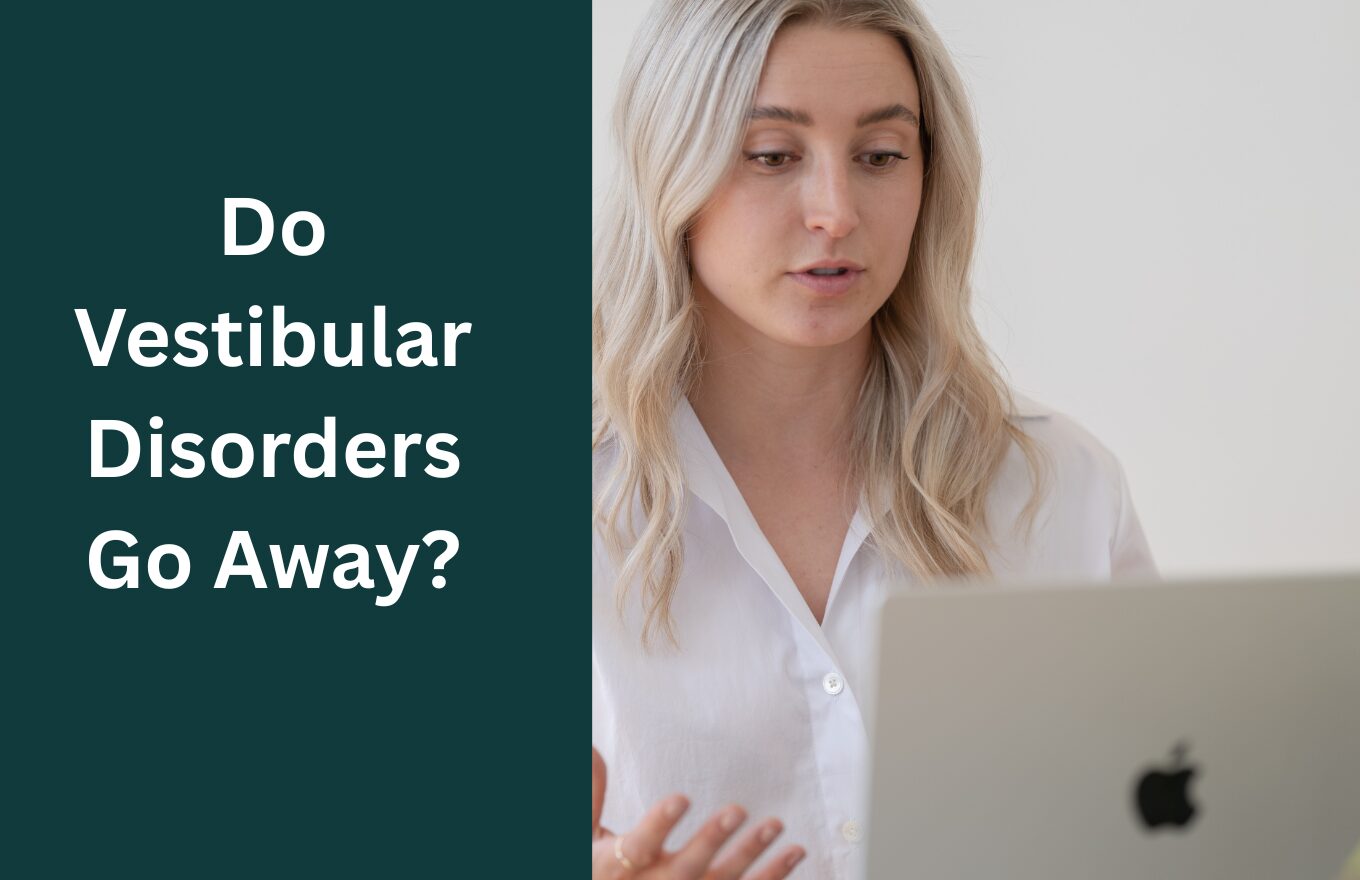Vestibular disorders can be life-altering and debilitating, causing a variety of symptoms that can easily become chronic. One of the biggest questions that people ask when they experience dizziness, imbalance, or vertigo is: “Why is this happening to me?” There are many different causes, but identifying the one that applies to your specific situation is crucial for receiving the right treatment.
What is the Vestibular System
The vestibular system is your body’s balance center, comprising the ears, eyes, and brain. These systems work together to keep you steady and coordinated. The structures inside the inner ear send signals along nerve pathways to the brain which speaks to your eyes.
When one of these systems is not working and communicating properly—whether it’s the eyes, ears, or brain—you can experience a variety of uncomfortable symptoms like dizziness, imbalance, vertigo, nausea, difficulty concentrating, and many more.

Common Causes of Vestibular Disorders
1. Inner Ear Conditions
- Benign Paroxysmal Positional Vertigo (BPPV): Caused by tiny calcium crystals breaking loose and moving into the wrong part of the inner ear. This leads to sudden spinning sensations, especially with head movement. This is the most common cause of vertigo.
- Labyrinthitis and Vestibular Neuritis: Viral or bacterial infections that inflame the inner ear or the vestibular nerve, often causing severe vertigo, imbalance, and nausea.
- Ménière’s Disease: A chronic condition linked to abnormal fluid buildup in the inner ear, leading to vertigo attacks, tinnitus (ringing in the ears), hearing loss, and pressure in the ear.
2. Migraine Disorder
Vestibular migraine is one of the most common but underdiagnosed causes of dizziness. It can trigger vertigo, imbalance, and motion sensitivity—even without a headache.
3. Head Injury or Concussion
Trauma to the head can damage the inner ear structures or disrupt how the brain interprets vestibular signals. Post-concussion dizziness and imbalance can last weeks, months, or longer if not addressed.
4. Age-Related Changes
As we age, the vestibular system naturally becomes less efficient. This can increase fall risk, cause imbalance, and sometimes contribute to dizziness.
5. Circulatory or Neurological Causes
- Reduced blood flow to the inner ear or brain (for example, due to stroke or cardiovascular conditions) can affect balance.
- Neurological conditions like multiple sclerosis (MS) or Parkinson’s disease may also involve vestibular symptoms.
6. Other Contributing Factors
- Certain medications (antibiotics, chemotherapy drugs, or high doses of aspirin) can be toxic to the inner ear.
- Autoimmune conditions may cause the immune system to mistakenly attack the inner ear.
- Anxiety disorders can worsen or mimic vestibular symptoms, creating a cycle of dizziness and worry.
Why Cause Matters
Pinpointing the underlying cause of a vestibular disorder guides treatment. For some, repositioning maneuvers can correct BPPV in minutes. Others may benefit from migraine management, vestibular rehabilitation therapy, or lifestyle changes that support brain and inner ear health.
Because vestibular disorders have many potential causes, it’s important to work with a qualified healthcare provider—such as an ENT, neurologist, headache specialist, or vestibular physical therapist—to get an accurate diagnosis and targeted treatment plan.
Vestibular disorders don’t have a single cause—they can stem from issues in the inner ear, the brain, or even the body’s circulation. The good news is that with the right diagnosis and support, many people can reduce their symptoms, improve balance, and reclaim their quality of life.
At Vestibular Group Fit, we’re here to give you both the understanding of your disorder and the tools to feel better—not just support, but real progress.
Ready to Take the Next Step Towards Healing?
If you’re looking for a supportive, expert-led space to help you regain confidence, reduce symptoms, and rebuild your life after a vestibular diagnosis, join us in Vestibular Group Fit.
This unique coaching program combines movement, education, nervous system retraining, and community — all designed specifically for people living with vestibular disorders. Whether you’re newly diagnosed or have been struggling for years, you are not alone and you can feel better.
👉Click here to join Vestibular Group Fit and starting your healing journey today.







